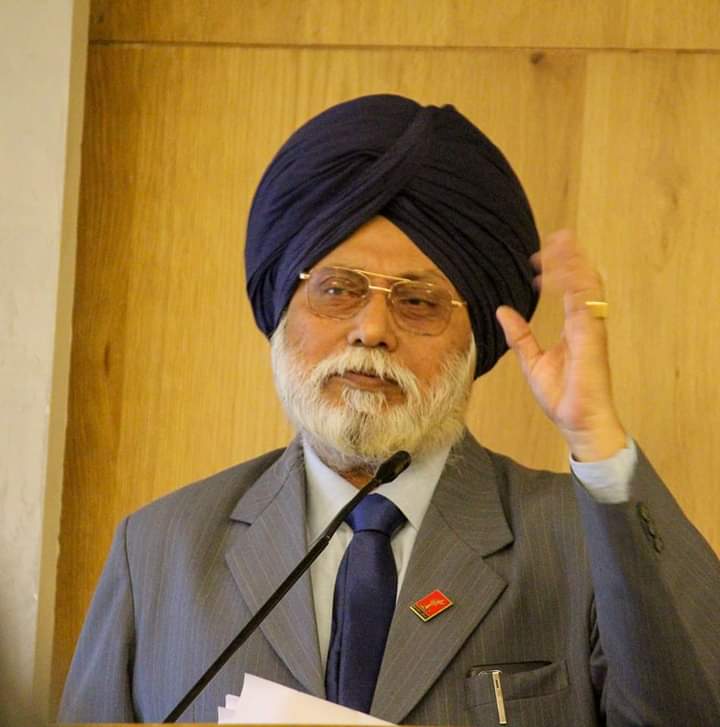The following comes from the first few pages of my unpublished existential novella Dominus Vobiscum. The title comes from a phrase that means “God is with you,” or “The Lord be with you,” a traditional Christian salutation.
Dominus Vobiscum is written through the existential anxiety of influence, primarily Sartre’s Nausea. I explore the consequences of over-legislating a society while using libertarian-left or anarchist thought to prod the questions inherent in such an exploration. I begin with the tradition of the Scapegoat taken from Biblical text. As you read through the existential novella, I borrow extensively from American history, theological thought and literature of the past.
My primary influence in the construction of this existentialist novella is the principle of short expositions. I use the plot to explore idea-based content, keeping each section within the contemporary reader’s attention span.
In this existential novella, a zombie and a former bureaucrat turned literal monster fight the demonic powers at the Apocalypse. Their battle seeks to restore a city to godly powers inherent to it.
The fun of this novella is there are two devils. Each represents a prominent version of Satan: one, from Dante; the other, from Milton.
The loose symbolic construction makes this novella enjoyable. Keep an eye on this page for updated content for this existential novella.
Now that I have buried the head of the goat, where is the rest of it?
*
It appears the goat has transformed into another thing—something terrifyingly unusual. A mask or a beast of unknown latitudes. I think the cold wind must have altered the face of the animal to a hideous, evil grin.
I use my claws to dig the hole deeper, trying to reach into the corpse. I flap my wings, confused, and the cold gnaws deeper into my veins. My sighs don’t register to the high heavens that keep me here.
*
My hands outstretched, luminous glow of the moon against the thick matted fur, I curse the heavens as if they had bore me and sent me into the dungeon of despair I am now in. Only for striving to make things fit. Only for reaching into the golden dream of our existence and trying to see it as full. The emptiness is nothingness. The cup overfloweth—yet the clear liquid within nauseates, makes dizzy, causes drunkenness.
It is as if the magic of our hands is not real. It is as if all that we create is terrible. That of love is a terrible beauty born.
*
I peer down at my dominion. I have buried dozens of dead goats underneath me. They morph and bend their grins as if to frighten me. I am not easily afraid of the unreal. I am only afraid of what may be real.
*
I cannot remember the entire story of my awakening. I know I was cast out from the empire because of my actions. I couldn’t make amends—I couldn’t ask for relief. They hammered me and tossed me to the winter winds. To ease the stress of being excluded, I slept for days at a time. When I woke up, there were thunders in the sky that frightened me. I have become used to them.
I remember asking myself what is cause and what is effect? How does anyone know which comes first? I began this line of inquiry because my suffering grew so deep I had to search causes, and to a degree I made excuses for myself. I realized neurons were tied to neurons, and since perception is a thing of the mind the relationship between cause and effect is one of perception. In short, each neural event corresponds with external happenings and the human brain registers these happenings like point A to point B. So there is no real cause and effect, accordingly.
How then did I get here? Why are my spine and legs chilled, burning from frost, and why does my bottom half stay fixed in the cold mountain? How exactly did I get here? Let me tell you what I remember.
After all assets were frozen, as aforementioned, I argued with the inoffensive little man in front of me. I told him it is not right that I should exist as government official and not have the authority to act as I pleased or felt necessary. He smiled patiently and said, “As you wish.” Then he left the office, scurrying like a mouse through a maze.
This proves nothing effectually. I tried to call him back but he had made his mind up that I wanted to be stubborn. He reported back to the State Committee that I had laughed in his face and sent him away. Now, according to what I remember I asked inquisitively what could be done. He told me not to act on the world at large, not to govern. I couldn’t “not” govern as I was invested with the authority to enforce law and not to breach it.
Somehow the Committee found me incompetent, elusive, and charged me as a reprobate. I was counted as another government hack even though I was the top official.
I guess being a top official isn’t enough to sway the decisions of central bodies?
It took time but I appeased them, lightly. I pulled away from duties I felt were most necessary to daily functioning in the lives of citizens. I withdrew traffic rules, rigid economic restraints, and all financial support of the arts, as well as issuing of patents. What happened was most impressive.
Over time, the city began to run well. It took its time, but it became more ordered. Yet we saw something strange occur in the overall structure of the city. People began moving apart—they became isolated, withdrew from public life. I expected the opposite. I was called before the Committee again. They pointed their stubby little fingers at me, again. They said I was too involved in the lives of individual citizens. How did they know that? I wasn’t doing anything!
The threat of peril became omnipresent at once. I felt myself to be at fault although I had followed through with the Committee’s demands. It seemed nothing worked to improve the lives of those under us. What was to be done?
I thought, “Why not freeze all activity for two days?”
I referred to the Committee—the one I once led but now led me—and requested that we give all functions of government a rest temporarily. They nodded in unison and agreed.
Government was at a standstill.
*
The freeze-up intended to last two days, but extended to four days instead. To make a long story short, we saw improvements in the areas of culture and finance instantly. The Committee reasoned that we should continue the freeze.
On the third day, there was a sharp decline in all economic activity. People nestled in their homes, and did not even collect the mail. I said sharply, “Why didn’t we see this coming?” The Committee again blamed me, and I felt I should take the fall publically. I announced there would be a speech given and aired on television the fourth night to explain our rationale for shutting down the government.
That night, without much preparation, I spoke before the entire citizen body on television.
“My fellow citizens! We are approaching the moment of truth. Our lights as a city of courage and tenacity are fading, and I must be the first to alert you. As the Great One told me once, nothing should be done in this moment of travail. Only freedom is desired when the civil machine is slowing. At our best, we are great turbines of wealth and desire. At our worst, we hold our ground solid. We are, as a great citizen body, resolute and strong. We are prepared for the worst if it comes to that.
I have the will to admit to my own errors at this time. I will remain steel in spirit to serve you better as leader. The freeze-up of our government functions, while intentioned for the best, has led us down the path of briars and thorns. This line of action was my own suggestion.
We are steadily and slowly returning all functions of government to their sufficient speed. We plan to allow private markets to grow and we trust them to obey the laws, and to heed the jobless. We are in need of their cooperation more than ever!
I leave you with this final note: The world without leadership is a ship without a captain, and a ship aimless in dangerous waters is bound for wreck.
Thank you and good night!”
There was a brief sigh after the speech. All of us felt relieved.





